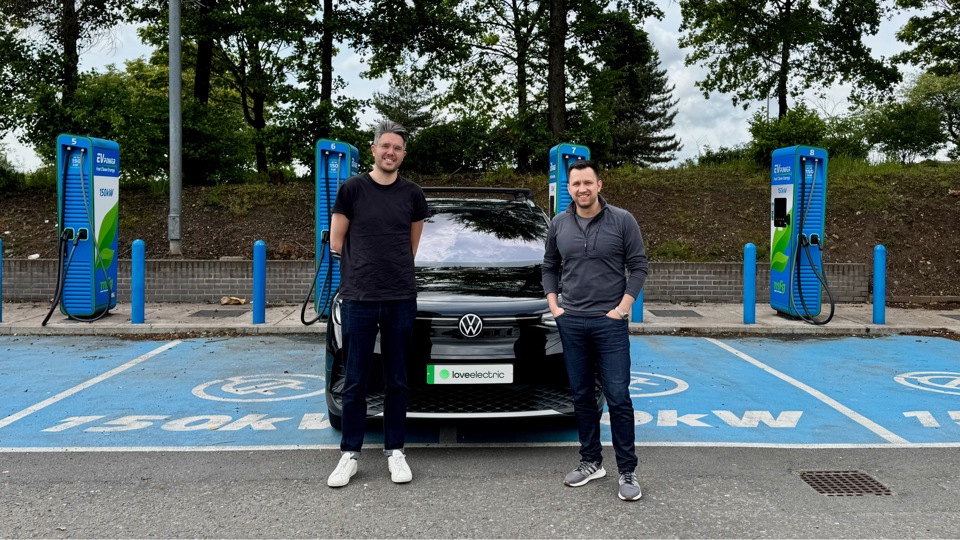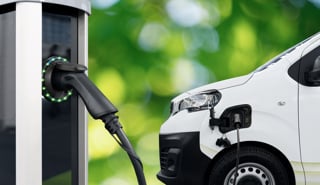Salary sacrifice provider Loveelectric has acquired charging tech start-up Bypass to cut the cost of public electric vehicle (EV) charging for employees.
The acquisition will enable Loveelectric to integrate Bypass’s real-time card issuing and app technology into a new employee benefit, with both public and at-home charging soon to be available via salary sacrifice, allowing employees to pay for charging via their gross salary
Loveelectric says its new offering will make EV charging more accessible and affordable, helping to accelerate the UK’s transition to net zero.
As a result of this acquisition, it estimates that public charging costs for a typical Loveelectric driver (15,000 miles per year over a 4-year lease) could fall from £13,029 to £5,212 – a 60% saving through salary sacrifice. For home charging, costs could fall from £1,371 to £549.
Currently in beta testing with select Loveelectric customers, the charge card is set for a full launch in the autumn.
The new card will work across every public charging network – including Tesla and BP Pulse – without additional card fees. Apple and Google Pay integration will mean it can be added to a virtual wallet.
Johannes Schubert, head of operations at Loveelectric, said: “Charging has become the final frontier for electric car accessibility.
“By making it salary sacrifice-friendly, we’re removing the financial burden of public charging and unlocking EV access for the millions of people who can’t charge at home. This is the natural next step in Loveelectric’s mission to make electric driving inclusive, affordable and effortless.”
The charging scheme will also integrate with home and workplace charging in future releases.
Loveelectric says that its charge card will work for any company car driver, including salary sacrifice.
Grant MacLennan, co-founder of Bypass, said: “We built Bypass to remove the complexity from EV charging, and this partnership brings that vision to life at scale.
“Integrating with Loveelectric and salary sacrifice means our technology can deliver meaningful savings to drivers, and help employers lead the way on sustainability.”
























Login to comment
Comments
No comments have been made yet.